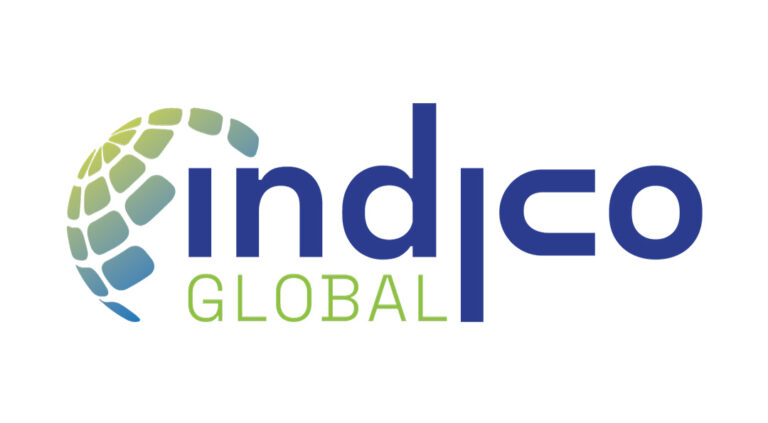Geopolitics of Semiconductor Standards & High-Performance Computing Chips: De-Risking China Project
Geopolitics of Semiconductor Standards & High-Performance Computing Chips: De-Risking China Project is one of the beneficiaries of a grant under the first Open Call under InDiCo-Global, which is a project funded as part of the European Union’s Horizon Europe Research and Innovation Programme under Grant Agreement No 101136022. Views and opinions expressed are however those…


